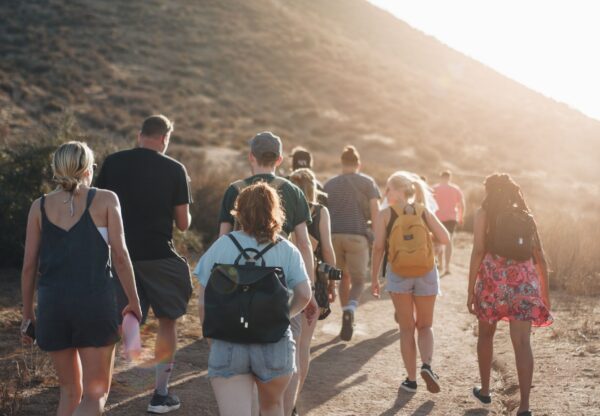The COVID-19 pandemic has been the most discussed topic since it has totally changed the way the world functions and significantly altered the course of things we have been used to.
So far the experts are being cautious forecasting the tourism’s return back to normal as it is closely connected with restrictions withdrawal. Still, it is pretty definite that after such a long time social distancing and self isolating people will eagerly pack their suitcases and buy a ticket somewhere far from the place they have been stuck in for the several long and weary months. The same goes for companies and team trips.
However, what remains obvious is that travel style and habits will undergo a few changes (their extent is to be found out in the future) which we may almost accurately predict or which are at least not that impossible as it might have seemed a while ago. People will want to travel more than before after such a long break since the feeling of being freed from all the restrictions is priceless. They will once again enjoy planning, creating travel packing checklists, drinking airport coffee with their team mates while waiting for their gates to open.
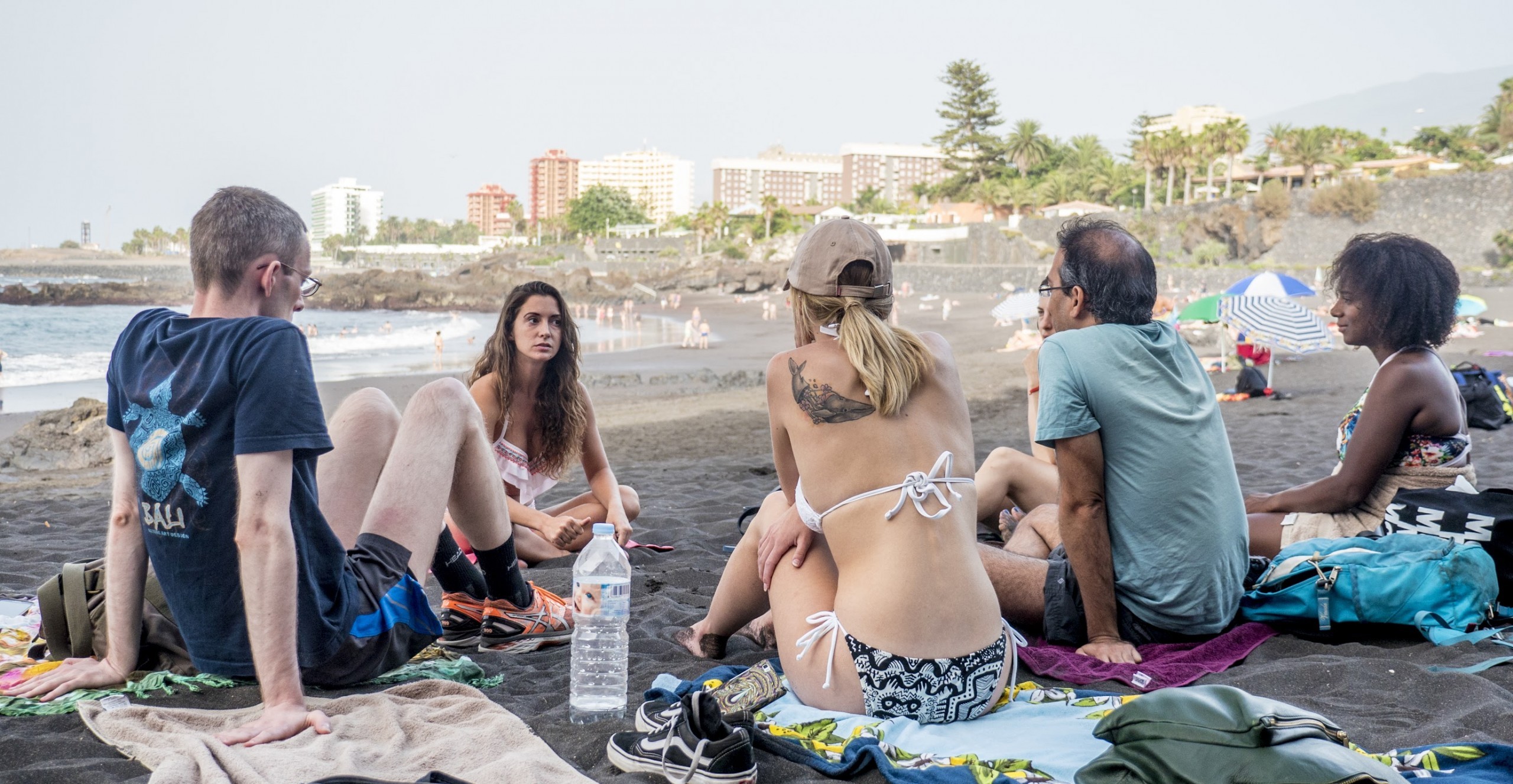
Although all the world has been affected by the COVID-19, the situation in different countries remains uneven and the recovery from the crisis won’t be simultaneous for all of them. As of today, some countries have already opened up their borders, others are more careful and releasing restrictions step by step.
But how will travel, and especially team travel, look like when we are back to our new reality? This is what we anticipate for the post COVID-19 world.
1. Teams will consider risks when choosing the right destination
When choosing the right destination for a team trip, there are many different factors to take into account like dates suitable for everyone, flight accessibility, distance from original locations of team members and of course cost. On top of that some might also consider the ‘safety’ of the destination in regards to COVID-19 when choosing the right location for the next team getaway. Teams can’t wait to travel again and number of places where they can travel safely is steadily increasing.

2. Teams will prefer exclusive venues
Since we can remember, teams that we hosted have always preferred venues that they could have exclusively for themselves. When taking your team offsite or traveling for a retreat or meetup, it is no brainer that you’d prefer to enjoy the facilities and communal areas with your team and without distraction of third parties.
The possibility to do so depends on various elements, including the size of a team and a preferred type of a venue. In case of smaller rentals the situation is pretty straightforward – you want your villas, houses, castles, chalet or any other rental only for yourself.
The problem sometimes happens in case of larger teams. When your team grows above 20-30 people, there is a smaller number of options (not zero) and sometimes you get lucky. However sometimes you have to give up on the idea of non-traditional housing and face the obvious: you’ll need the hotel. Some teams like to get the hotel only for themselves either by booking out all available rooms, or paying an ‘exclusivity fee’ to not share it with other guests. We have hosted teams in both types of settings.
Once the COVID-19 pandemic is over and travel is back on track, we expect that there will be a surge of interest in venues that can be booked exclusively in order to minimise the risks of sharing common spaces with an as little number of people as possible. As the world puts on surgical masks and latex gloves, the ‘corporate sterility’ of some big hotel chains could be welcomed.
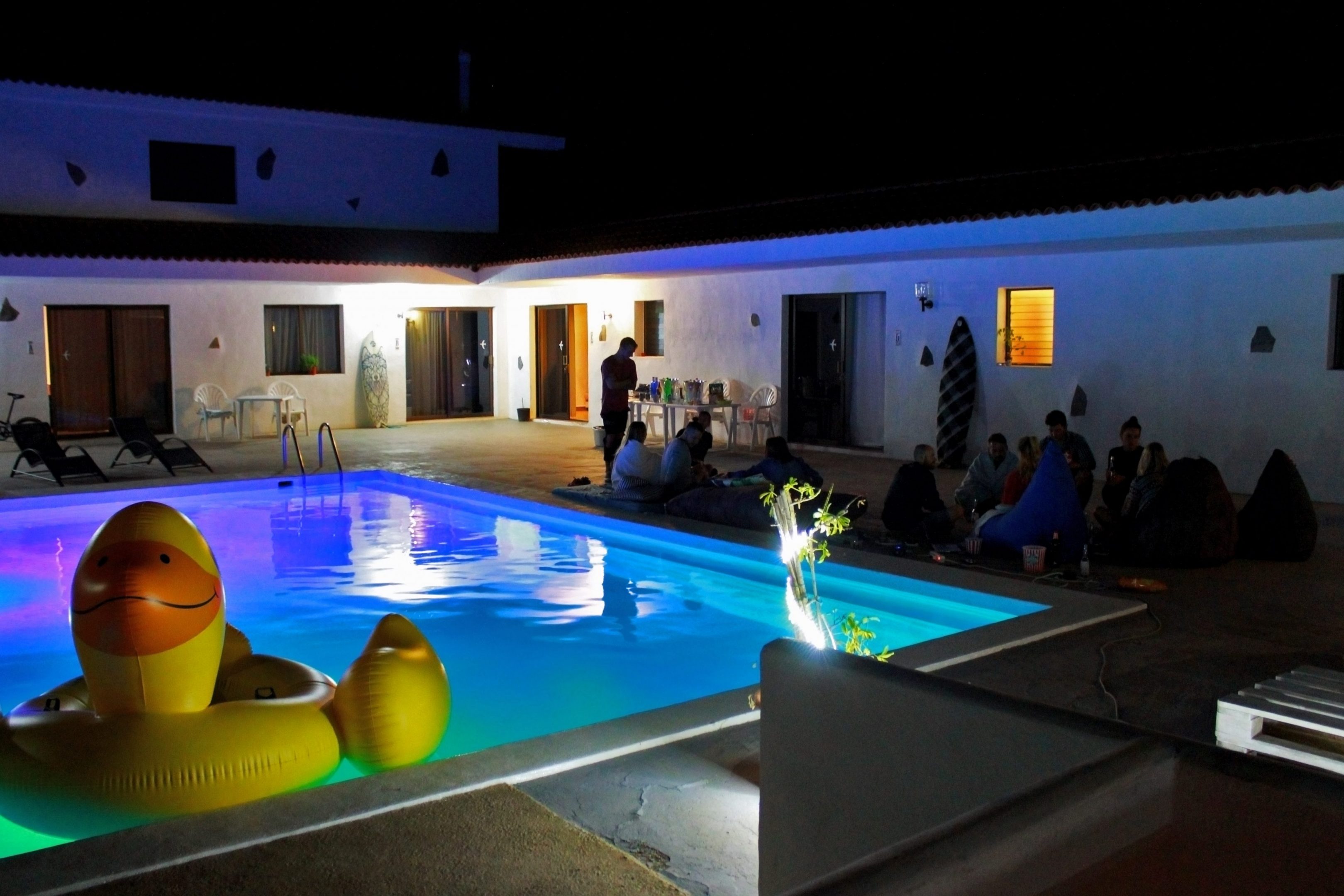
3. Tech companies will realise the potential of team retreats
Having been dramatically affected by COVID-19, in order to successfully cope with the crisis many technological companies and startups had to respond by significant cost-cutting and postponement of new investments. However, it bought them some time to have a stronger focus on their product development and to re-evaluate their core-product offerings. Those unfortunate times became a good opportunity for reviewing product roadmaps, adding new COVID-related features as well as cleaning up old technical debt and this is when technology companies use a chance to re-target back to their customers and their real user needs.
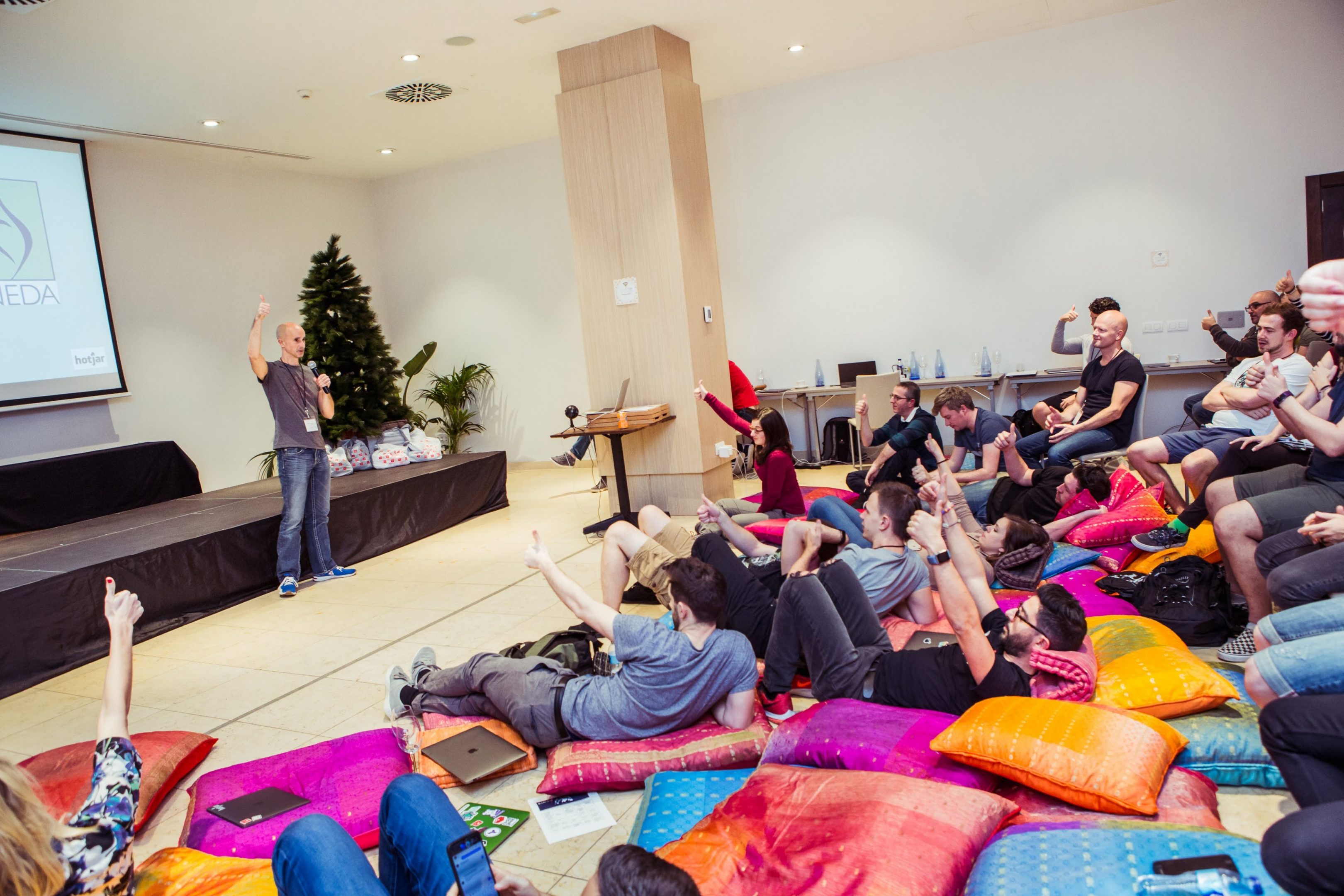
Many tech-based companies realised now it’s time to refresh and finally get rid of historical burden in terms of rigid processes and internal structures. The pandemic didn’t only impose its limitations on them but also gave them a great opportunity to get from usual short-term focus on quarterly sales to more strategic and long-term view. Decisions based on internal opinions made in closed meeting rooms should finally be replaced by proper user testing, online customer interviews and user-journey mappings.
So this is when they will benefit from team travel which will let them reboost in energy and use their time wisely brainstorming new ideas and catching their second wind on a retreat.
At this point product managers should push their internal business stakeholders to join user testing sessions as observers and get better in understanding of their users. It’s important for them to keep in mind that only real customer centric and agile companies will survive so if they don’t do it now, then when?
4. Team travel will remain essential, but optional
Companies will think twice if they want to bring all hands together. Until recently, taking team offsite was a semi-regular activity and part of culture, and for some even a necessity for a company operation. On the other hand, employees took it as a opportunity and responsibility to join such a travel to bond, get down to work and have some fun with the team.
After the pandemic companies that will want to go for a team trip might have to create a internal poll to find out the potential participants’ interest in joining. They might decide on the majority of votes or offer team members a flexibility to join or not based on their will.
However, team travels are not just an extra bonus to reward a team for a good job. In many ways, they are preventions – they are meant to prevent the burnout of team members, broken strategy planning, lost motivation, drop in productivity and ineffective communication within a team. This is why they are so essential and the necessity of team travel will rise again and be valued after COVID-19 and long months of isolation more than ever before.
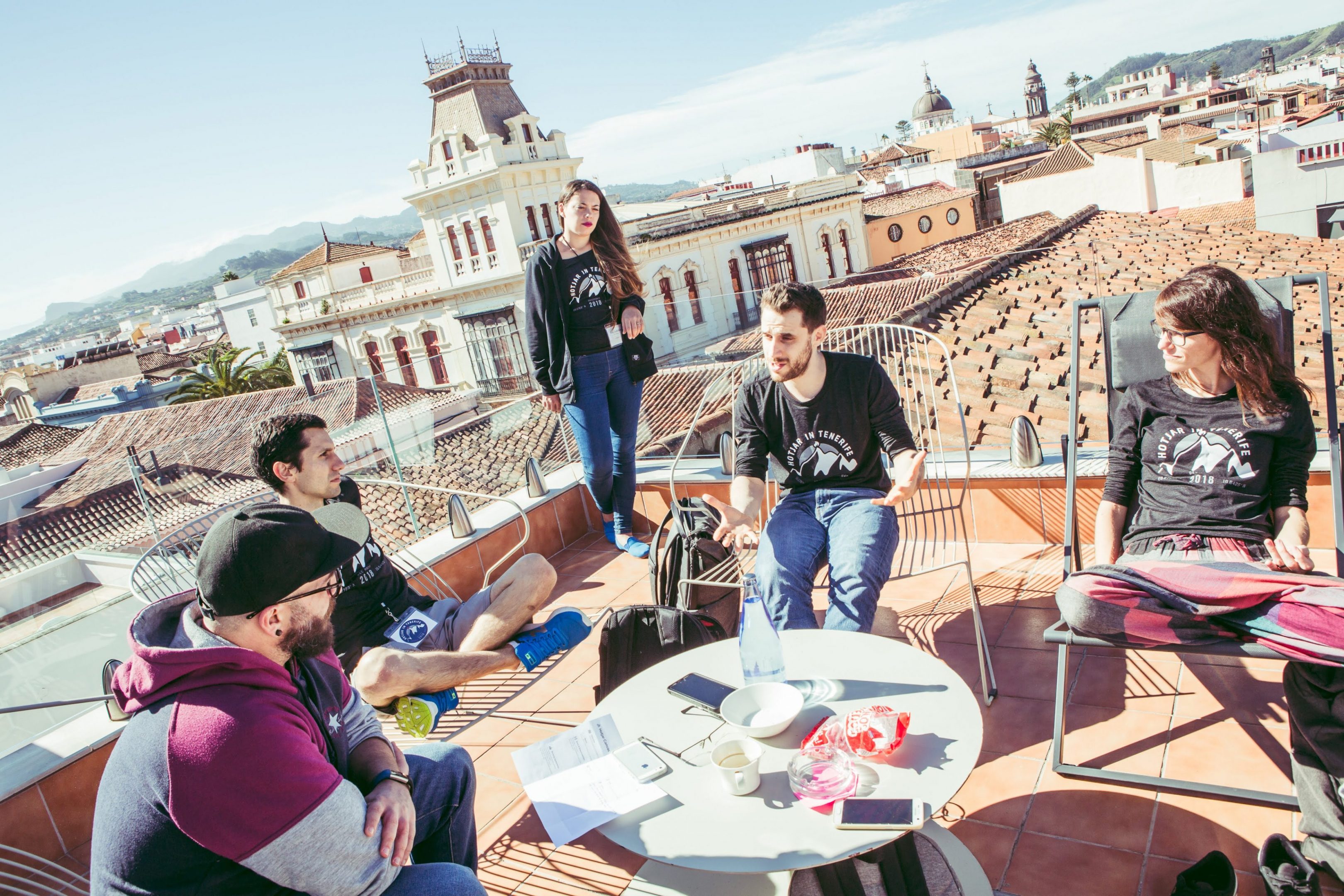
5. Teams will choose ecological routes to reconnect with the nature
When the pandemic has already changed the way we live and continues to do so, it is the consumers who might also influence the usual course of activities and services while travelling. Travellers will still be prudent after the world recovers even despite the desperate desire to reconnect with their friends and colleagues. As we have mentioned previously, teams have always preferred exclusive venues and likely will do in the future to avoid the possible risks of crowded places. No, they won’t be afraid to travel in groups with the ones they know and trust. It’s just they will have reservations and aim to minimise interacting with strangers outside their team.
This may lead to the increase in popularity of the so-called ecological routes, forest hikes, outdoor trips and similar types of recreation.
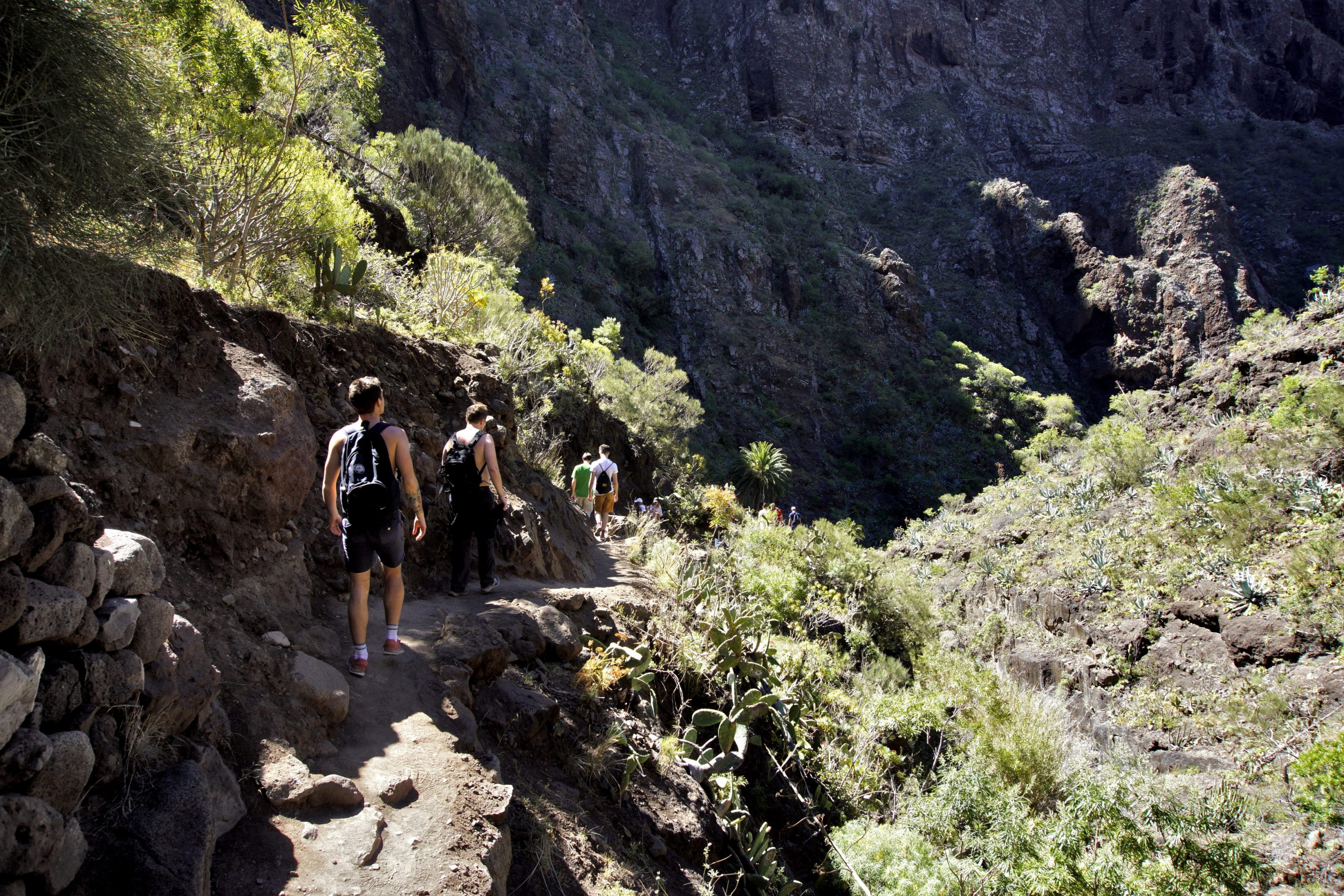
6. Hotel will survive but they won’t be the same
Hotel chains will survive but they won’t be the same. However, it doesn’t mean hotels will stay empty at all. Their services will face some alterations though, or better say, adjustments. For instance, the buffets may be different in the way that there will be waiters wearing gloves helping the hotel guests pick up preferred food. In addition to this opinion, hoteliers will have to disinfect rooms after each guest and generally pay much more attention to cleanliness and sanitation which is going to be more time consuming for them. Check-ins and check-outs are going to be made online, too. There will also be heightened focus on the quality of the service.
7. Companies will utilise team retreats to boost the productivity after productivity plunge
The pandemic caught many companies off guard if they do not practice working remotely or home-office of any kind. This is why they had to invest not only into training their employees to use new technologies but also into new technologies themselves. In their turn, unprepared employees had to put a lot of effort into adapting to the new course of things regarding their work and into acquiring new skills of using different tools needed not to stall the working process and to constantly stay in touch with their colleagues. The productivity dip was inevitable this way and companies will have to consider it and promptly take measures to restore it. Getting all the team members together on retreat will be an essential step to help teams recover, raise their enthusiasm and become productive again.

Now that we are all in the stage of alterations, it is important to get used to the new life gradually. Getting back to offices and having to interact with colleagues after being isolated for a couple of months might be pretty stressful at the beginning and that’s why companies will only benefit if they think well about their employees’ return. It will be useful to consider taking the whole team offsite so they all have a chance to acclimate to each other again.
Teams will not stop traveling, travel and hospitality services will be in demand. The market will go to those who have the strength to hold out and get out of the crisis even stronger and more seasoned. And NextRetreat will be there, helping teams pick the perfect destination, book the right venue and assist with everything else.


